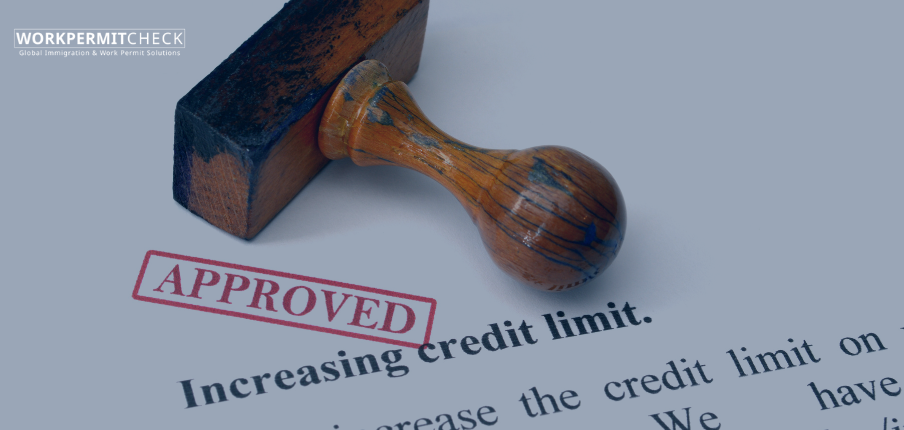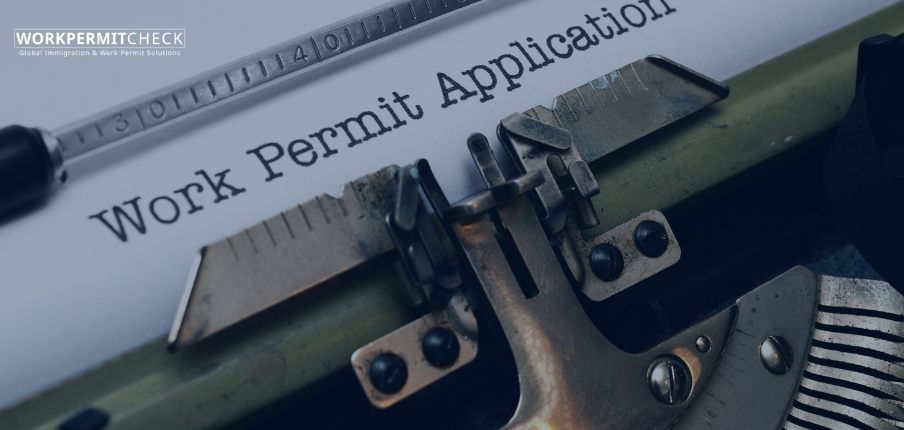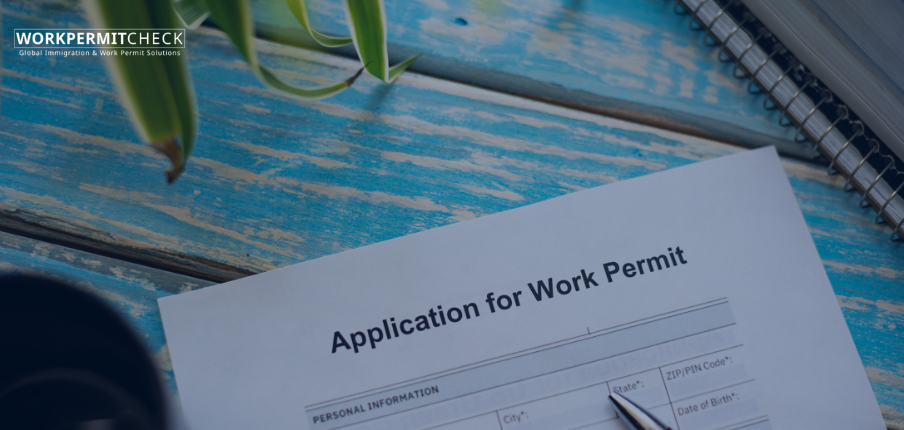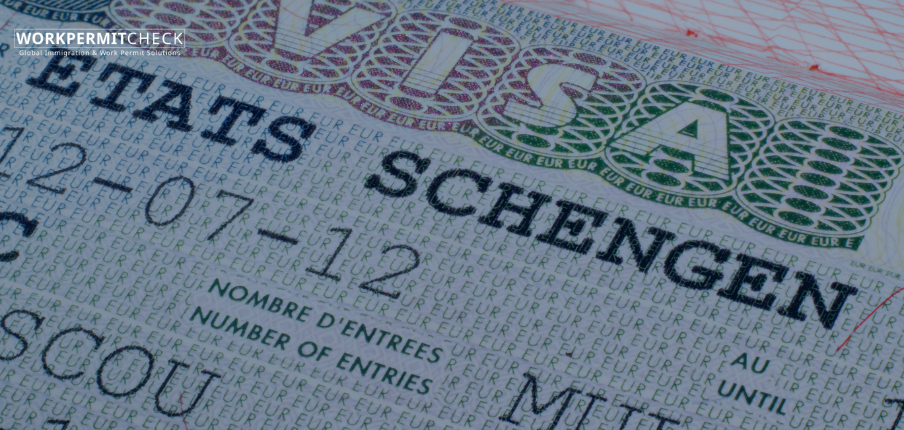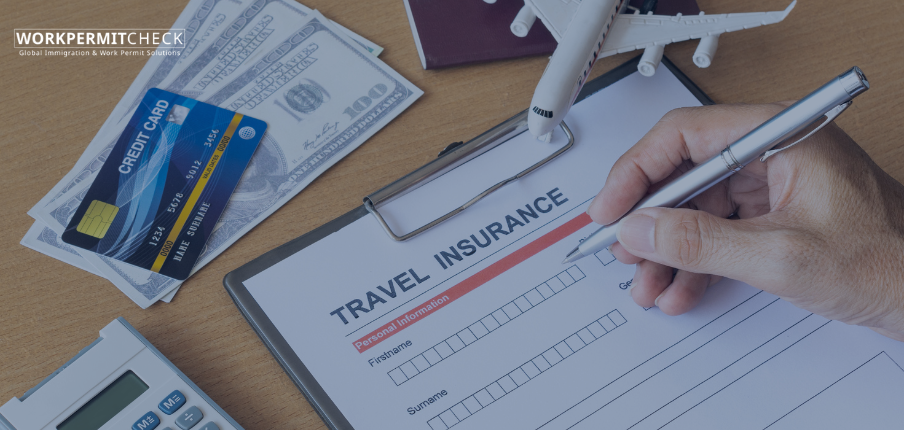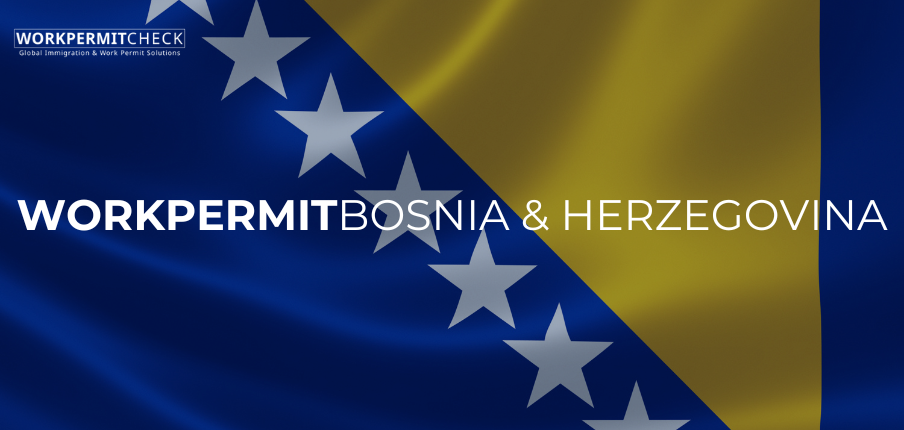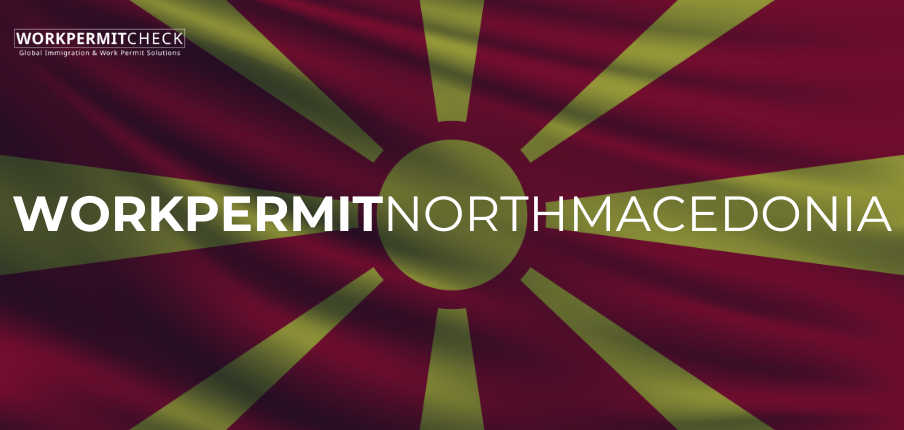Serbia is becoming an increasingly attractive destination for foreign professionals, entrepreneurs, and companies expanding into Southeast Europe. If you are a non-Serbian national and wish to work legally in Serbia, you will typically need a work permit. Understanding the process, requirements, and types of permits available is crucial to ensure a smooth application and transition.
This guide provides a detailed overview of how to obtain a work permit in Serbia, including the types of permits available, application procedures, and key requirements.
1. Who Needs a Work Permit in Serbia?
If you are a foreign national and wish to work in Serbia, you will need a work permit unless you are a citizen of a country with a bilateral agreement that provides otherwise. This includes both short-term assignments and long-term employment.
Citizens from EU/EEA countries and other third countries must apply for both a temporary residence permit and a work permit to be legally employed.
2. Types of Work Permits in Serbia
Serbia offers several types of work permits depending on the nature of employment and the applicant’s status:
a. Personal Work Permit
-
Designed for foreigners who have permanent residence in Serbia or are refugees.
-
Grants the right to work for any employer or self-employment without restrictions.
b. Work Permit (Tied to an Employer)
-
Issued based on an employer’s request for a specific job.
-
Allows the foreigner to work for that specific employer only.
-
Often used for regular employment, intra-company transfers, and employment of foreigners assigned to Serbia by a foreign company.
c. Work Permit for Self-Employment
-
Available to foreigners who wish to start their own business or work independently.
-
Requires proof of business viability and a registered business entity in Serbia.
3. Key Requirements for a Serbian Work Permit
Applicants and employers must meet specific criteria:
-
A valid temporary residence permit (foreigners must apply for this before or simultaneously with the work permit).
-
A valid passport with sufficient remaining validity.
-
A signed employment contract or proof of job offer.
-
Proof that the position cannot be filled by the local Serbian labor market (labor market test may be required).
-
Proof of professional qualifications (diplomas, certificates).
-
Proof of health insurance coverage during the stay.
-
Registration of residence address in Serbia.
4. The Application Process for a Work Permit in Serbia
Here is a step-by-step breakdown of how the work permit process typically works:
Step 1: Obtain Temporary Residence Permit
Before applying for a work permit, foreigners must obtain a temporary residence permit, unless they already have permanent residence. This is usually issued for one year and is renewable.
Documents generally required:
-
Valid passport
-
Proof of reason for stay (e.g., employment contract)
-
Proof of accommodation in Serbia
-
Health insurance coverage
-
Proof of financial means
Step 2: Employer Submits the Work Permit Application
For a regular work permit (tied to employment), the employer applies to the National Employment Service (NES) on behalf of the foreign worker.
Documents generally required:
-
Employment contract or offer letter
-
Copy of temporary residence permit or proof of application
-
Proof that the job could not be filled by a local candidate (may be exempted for some professions)
Note: If the applicant is applying for a personal work permit or self-employment permit, they apply directly.
Step 3: Processing Time
The National Employment Service typically processes work permit applications within 15 to 30 days after submission of complete documentation.
Step 4: Issuance of Work Permit
Once approved, the work permit is issued for a period that matches the temporary residence permit, up to one year, and is renewable.
5. Special Considerations
-
Duration and Renewal: Work permits are generally valid for up to one year and can be renewed. The application for renewal should be submitted at least 30 days before expiration.
-
Employer-Specific: For standard work permits, the authorization is linked to a specific employer and position. Changing employers requires a new work permit application.
-
Labor Market Test: In most cases, employers must demonstrate that no suitable Serbian citizen is available to fill the role. However, this requirement can be waived for certain highly qualified professions or intra-company transfers.
-
Self-Employment: Foreign nationals looking to establish a business must register their company first, then apply for a temporary residence permit based on self-employment.
-
Permanent Residency: After living in Serbia continuously for five years on a temporary residence basis, it may be possible to apply for permanent residency, which can later lead to citizenship.
6. Conclusion
Obtaining a work permit in Serbia involves coordination between the foreign national and the employer, careful attention to the legal requirements, and timely application for both residence and work authorizations. While the process is straightforward with proper preparation, it can be time-sensitive and document-intensive.
For those seeking long-term career opportunities or business expansion in Southeast Europe, Serbia offers an attractive and growing market. Ensuring compliance with immigration rules from the outset will help you build a secure foundation for your professional life in the country.
If in doubt, consulting an immigration expert or legal advisor specializing in Serbian immigration law can be highly beneficial.
April 28, 2025

